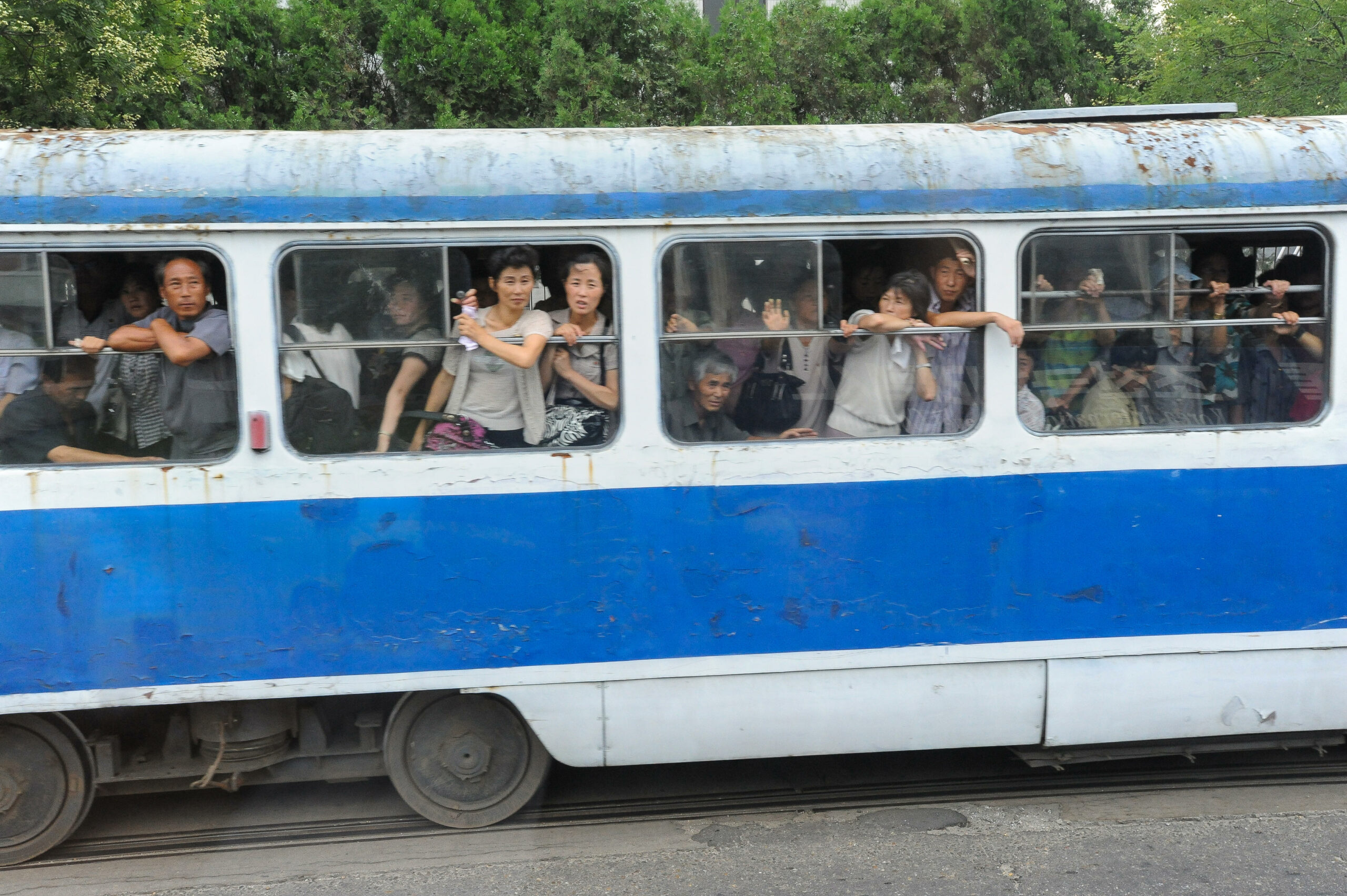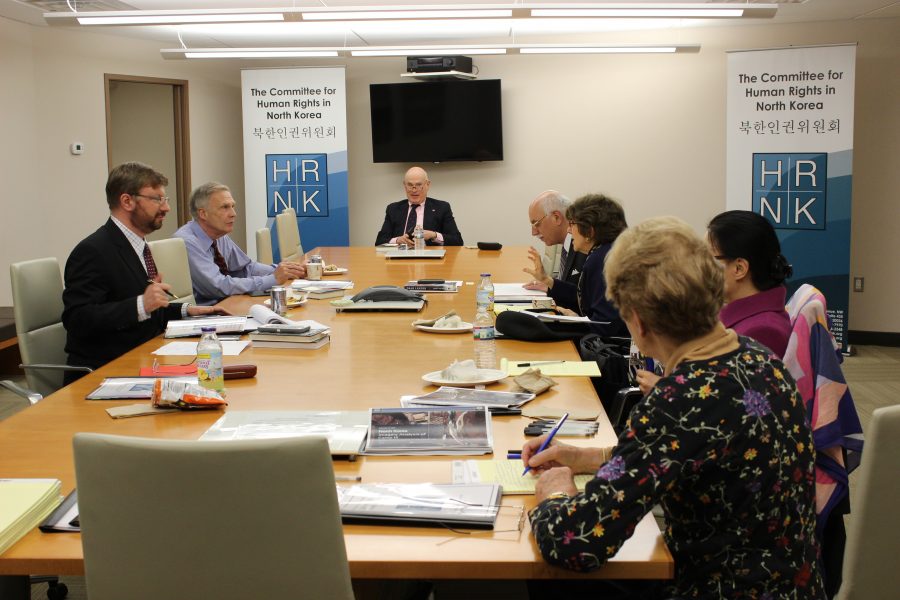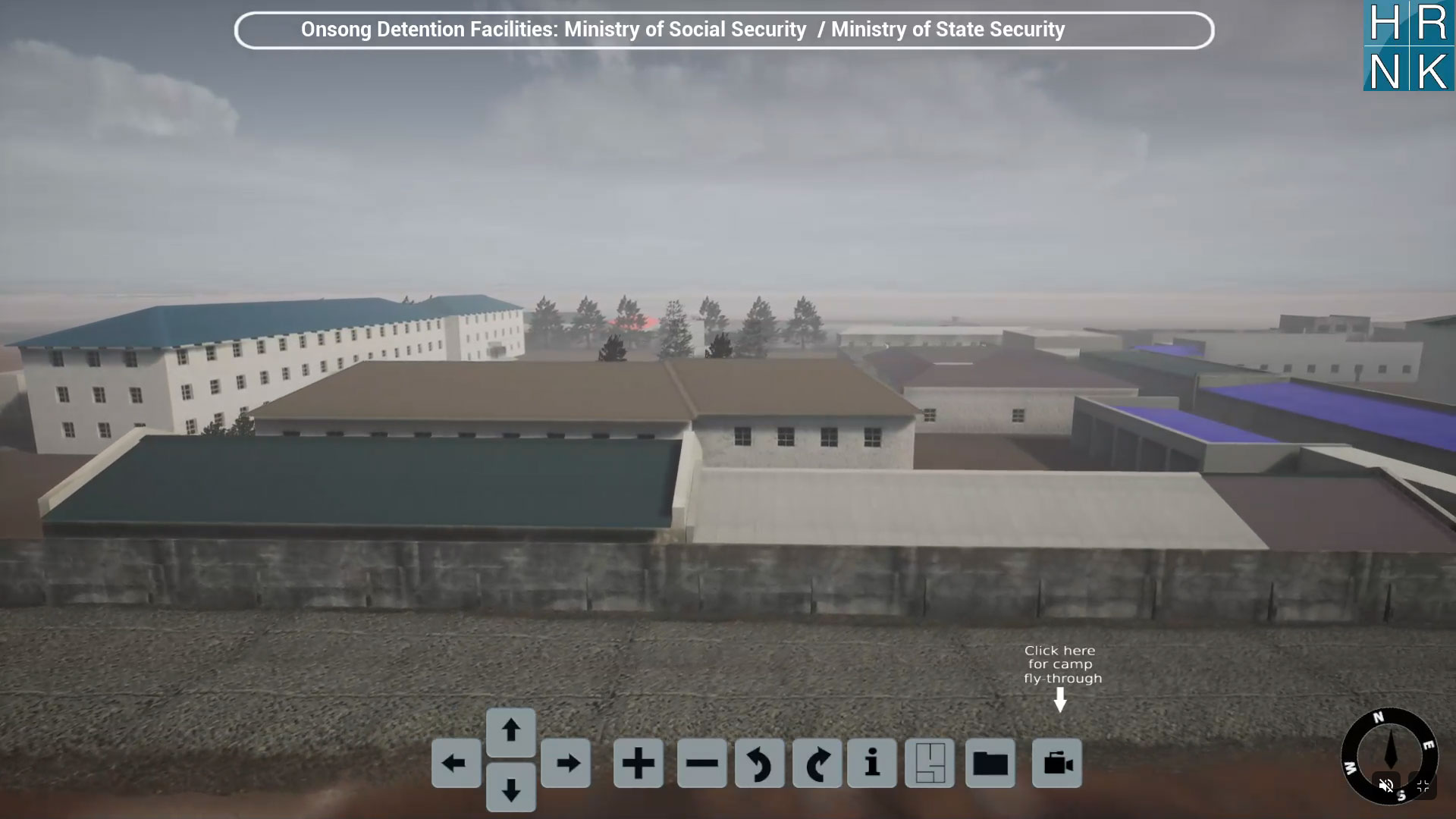
Our mission is to uncover human rights abuses under the Democratic People's Republic of Korea (DPRK) and affect real change in the country. The Committee for Human Rights in North Korea is an advocacy and research organization with a primary aim to educate and advocate for the North Korean people.

In October 2001, a distinguished group of foreign policy and human rights specialists launched the Committee for Human Rights in North Korea (HRNK) to promote human rights in North Korea. Since then, HRNK has played a pivotal role in revealing human rights abuses in the country.
The denial of human rights in North Korea is a terrible injustice that can no longer be ignored.

HRNK has created a 3D model that accurately represents three real prison camps in North Korea. These camps are sites of immense suffering & death. In our interactive display, you can view Onsong, Camp 14, and Kyo-hwa-so No. 12 prison camps.
Dear Friends and Colleagues, HRNK is deeply saddened by the passing of our founding Board member and former Co-Chair Richard Vincent Allen on Saturday, November 16, age 88. The Honorable Richard V. Allen served in…
COMMITTEE FOR HUMAN RIGHTS IN NORTH KOREA — PRESS RELEASE October 23, 2024 HRNK Announces Appointment of Greg Scarlatoiu as President and CEO WASHINGTON, D.C. – October 23, 2024 – The board of directors of…
On behalf of HRNK's Board of Directors and staff, I am delighted to congratulate our Board Co-Chair, Dr. Katrina Lantos Swett, on being the recipient of this year’s Victims of Communism Memorial Foundation's (VOC) Dissident…
